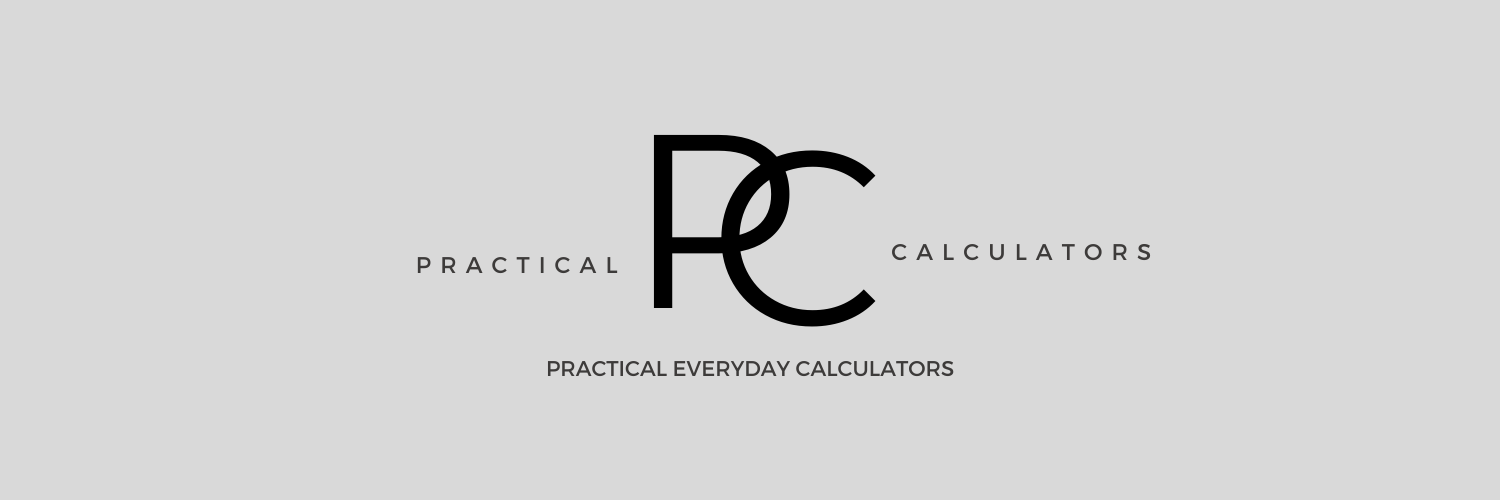FHA Loans Explained: A Flexible Path to Homeownership
Learn what FHA loans are, who qualifies, and whether this flexible mortgage option is right for you. Ideal for first-time buyers, who know their debt to income ratio, or those with less than perfect credit score. You can check your credit score here
Let’s take a look at how you can potentially get your dream home !
For many Americans, homeownership can feel just out of reach—especially for first-time buyers or those with imperfect credit. FHA loans offer a more accessible alternative to conventional mortgages, thanks to their low down payment requirements and flexible credit criteria.
For many Americans, homeownership can feel just out of reach—especially for first-time buyers or those with imperfect credit. FHA loans offer a more accessible alternative to conventional mortgages, thanks to their low down payment requirements and flexible credit criteria.
In this guide, we’ll walk you through everything you need to know about FHA loans, from qualification to long-term costs, let’s go !
What Is an FHA Loan?
An FHA loan is a government-backed mortgage, and is insured by the Federal Housing Administration. It’s designed to help more people become homeowners—even those with lower credit scores or limited savings.
With an FHA loan, borrowers can put down as little as 3.5%, and in some cases, qualify with credit scores as low as 500.
Note; These loans aren’t issued by the government directly. Instead, they’re provided by approved lenders and insured by the FHA, reducing the lender’s risk and helping more people qualify for financing.
Who Can Qualify for an FHA Loan?
Eligibility is determined by several factors, including your credit score, income, employment history, and debt-to-income ratio. Borrowers with scores of 580 or higher are eligible for a 3.5% down payment, while those with scores between 500 and 579 may still qualify with 10% down.
In most cases, lenders will also want to see:
- Two years of steady employment or income history
- A reasonable debt-to-income ratio (ideally under 43%)
- A primary residence (FHA loans are not for investment properties)
Down payments can come from your own funds or be gifted by family members, making FHA loans particularly helpful for younger or first-time buyers.
How Much Can You Borrow?
FHA loan limits are set by the Department of Housing and Urban Development (HUD) and vary by county.
In more affordable regions, the cap may be under $500,000, while high-cost areas like California or New York can go well over $1 million. Always check the current FHA loan limit in your area to avoid surprises during the home-buying process.
The Cost of FHA Mortgage Insurance
FHA loans require mortgage insurance—both upfront and annual—to protect the lender if a borrower defaults.
- The upfront mortgage insurance premium (UFMIP) is usually 1.75% of the loan amount and can be rolled into the loan.
- The annual mortgage insurance premium (MIP) typically ranges from 0.15% to 0.75%, depending on your loan amount, term, and down payment.
Unlike private mortgage insurance (PMI) for conventional loans, FHA mortgage insurance often remains for the life of the loan unless you refinance into a conventional mortgage down the line.
FHA vs. Conventional Loans
While FHA loans are easier to qualify for, they may not always be the most cost-effective. Conventional Mortgage loans are often better for borrowers with higher credit scores and larger down payments. They offer:
- No mortgage insurance after reaching 20% equity
- Fewer fees over time
- More flexibility for secondary homes and investment properties
Still, FHA loans shine as a first step into homeownership for many people—especially those recovering from financial setbacks or building credit, —you can check your credit score here—
Property Requirements
FHA loans can only be used for primary residences that meet minimum livability standards. This includes homes that are safe, structurally sound, and free of major issues like lead paint or broken utilities.
A special FHA appraisal is required to confirm the property meets these standards.
Eligible properties include:
- Single-family homes
- Condominiums in FHA-approved developments
- 2- to 4-unit homes (if the buyer lives in one of the units)
Special FHA Loan Programs
If you’re buying a home that needs work, the FHA 203(k) loan allows you to combine the purchase price and renovation costs into a single loan. For energy-saving upgrades, the FHA Energy Efficient Mortgage (EEM) lets you finance improvements like solar panels or new insulation.
Already have an FHA loan? The FHA Streamline Refinance program makes it easier to lower your rate or payment with less paperwork and no new appraisal in many cases.
Is an FHA Loan Right for You?
If you’re eager to buy a home but have limited savings or less-than-perfect credit, an FHA loan could be the ideal solution. It’s not the cheapest loan over the long term—but it’s often the most accessible path to homeownership.
Consult with an FHA-approved lender to evaluate your finances, review your eligibility, and estimate your monthly costs. You’ll gain a clear picture of what’s possible—and whether an FHA loan aligns with your goals.
FHA Loan Calculator
To help you better estimate your FHA loan payments—including your monthly principal, interest, and insurance — Go To our FHA Loan Calculator— right here on the blog.
